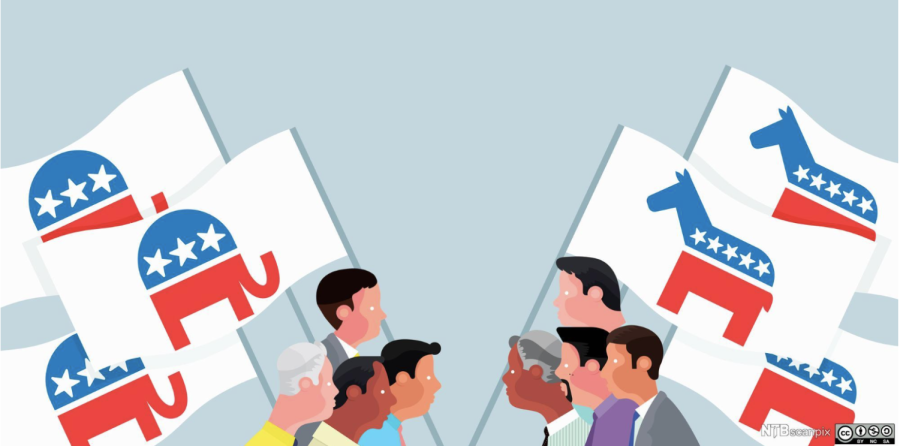Hyperpartisanship Part 2: What Will Happen in the Future
January 20, 2023
Currently, one of the major implications of hyperpartisanship is shown in the legislative branch in the bill-to-law process. Many bills that try to get passed in the Senate are blocked because of the filibuster, a process in which senators hold the floor by making endless speeches so that no action can be taken on a bill or other debate. In most cases, the bills that are filibustered are the most controversial and cannot become law. This means that important legislation is unable to be passed and most of the legislation that is passed is regarding minor issues, rather than larger, more crucial issues.
In the near future, the United States will continue to be like a pendulum, moving back and forth with who controls different government bodies. The party that has control of the legislative, judicial, and executive branches will change the way our government runs until the majority in any of these branches change. This is tragic for the government because there will be no progress—whenever it moves one step forward, it will move another two steps back when the majority changes. The danger is that at any given point, the political pendulum can get stuck, just like an actual pendulum, if gravity is removed. Unfortunately, there is no quick fix because hyperpartisanship has been a developing crisis that has reached its apex.
According to USC News, polarization may seem like a recent phenomenon for America, but it has been festering for years. Fissures have long existed in the nation’s foundation because of slavery and Jim Crow. The partisan divisions worsened over time– in part because people have sorted increasingly well by ideology.
Many fear that if this progresses, then the US will be in a civil war within the next fifty years and the states will divide into their own governing bodies with no federal government. Although no concrete evidence proves that this is true, it is certainly a possibility if hyperpartisanship heightens.

















































































































































